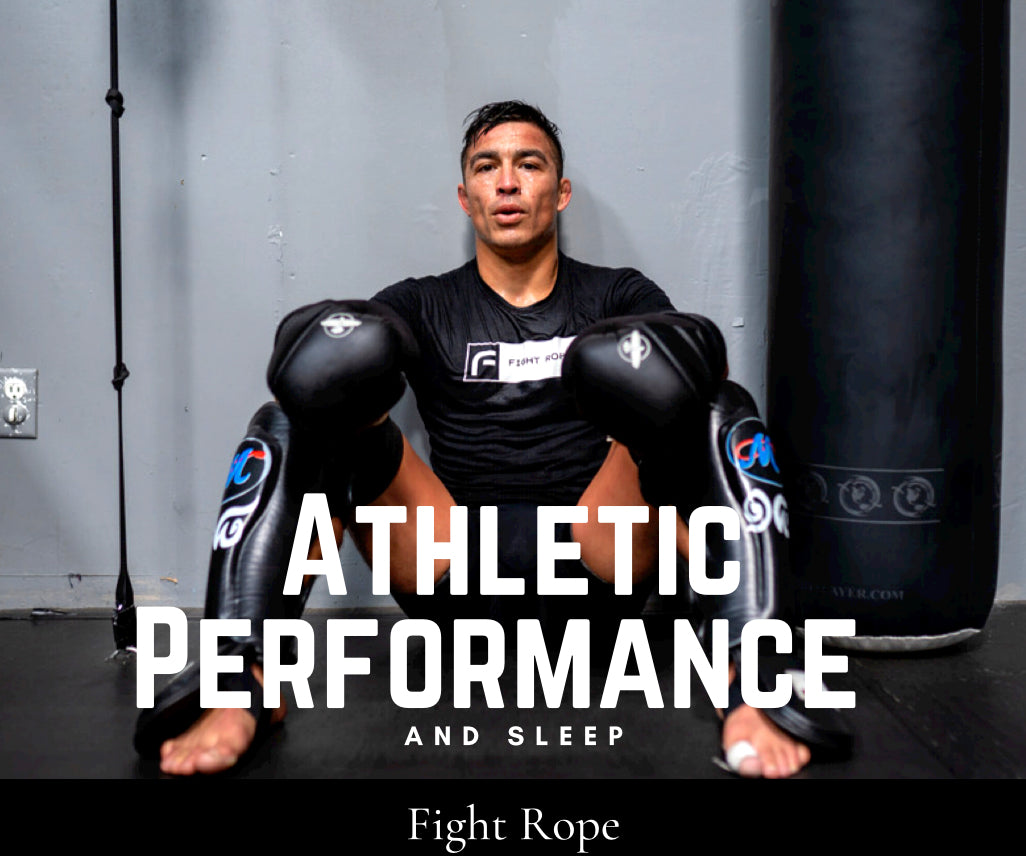Rest Is Best
We have all heard the phrase, “Rest Is Best,” but often too many times we ignore the voice in our heads and the voices of our coaching staff when told to rest the body and rest the mind. We in turn, continue to push past thresholds, plateaus and before we know it, we risk injury, illness and physical ailment. We actually stifle the very physical performance we are looking to enhance when we i gore sleep, rest and full body recovery.
Rest assured you are not alone. Most athletes have trouble embracing rest days and rarely take full advantage of recovery and rehabilitation practices. Rest days are the multivitamins of our athletic longevity. As we rest, our bodies repair themselves. Simple right! It should be considering the hard work that’s put in weekly by world class athletes.
Intense training and performance can cause musculoskeletal damage through prolonged high output and those small deformities can lead to adaptation given time without loading. Take blood samples from an athlete after a tough practice and you’ll see lots of abnormalities at the cellular and systems level, particularly elevated cortisol from stress and creatine kinase from muscle damage. With the proper time to recover, though, the body can bounce back stronger from the stress. It’s smart and scientific!
Science backs this up, and, for those particularly impacted by current trends, so does the market. Recovery and the different modalities one can take to find it are a growing movement. Everything from cryotherapy and special protein powders to floating and infrared saunas are becoming common practices for amateur and elite athletes alike. Along with incorporating rest days, taking time off is necessary at both a physiological and emotional level.
Sleep For Performance
In order to perform their best, athletes must prepare in every aspect of their lives. They train regularly, eat healthy meals and snacks, and make time for rest, recovery, and sleep. When one area is lacking, overall performance can suffer. For athletes, sleep is essential for overall health and wellbeing. Allowing your heart to rest and cells and tissue to repair can help your body recover after physical exertion. Also, as you progress through the stages of sleep, the changes in your heart rate and breathing throughout the night promote cardiovascular health.
All of these restorative effects are important for athletes’ recovery and performance. When athletes practice or learn new skills, sleep helps form memories, and contributes to improved performance in the future. Without sleep, the pathways in the brain that allow you to learn. Sleep is also essential for cognitive processing. This can have adverse effects on athletes whose sports require a high level of cognitive function, such as decision making and adapting to new situations.
Evidence shows that more sleep, or extended sleep, can benefit athletes, their recovery, and their performance. While quality sleep has positive effects specifically on athletic performance, a lack of sleep is detrimental to performance. Elite athletes are encouraged to get at least nine hours of sleep nightly and to treat sleep with as much importance as athletic training and diet. Several previous studies in team sports have demonstrated that competitive success in competition is related to increased sleep duration and quality.
All in All: Sleep is an essential component of health and well-being, with significant impacts on physical development, emotional regulation, cognitive performance, and quality of life. Avoid overtraining. Keep a consistent training schedule so as not to overexert yourself. Trust your coaches, trust yourself and take the rest day! Your body and your mind will thank you for it.




